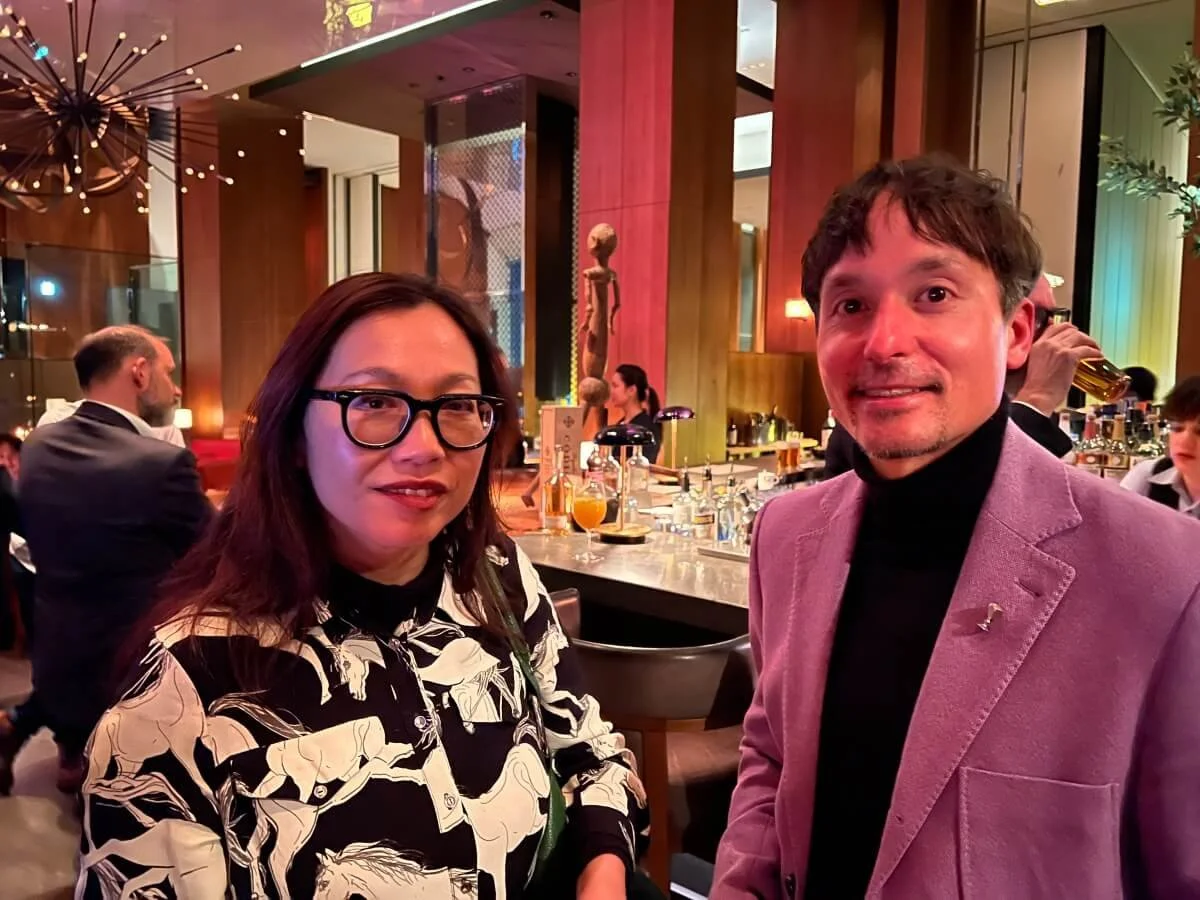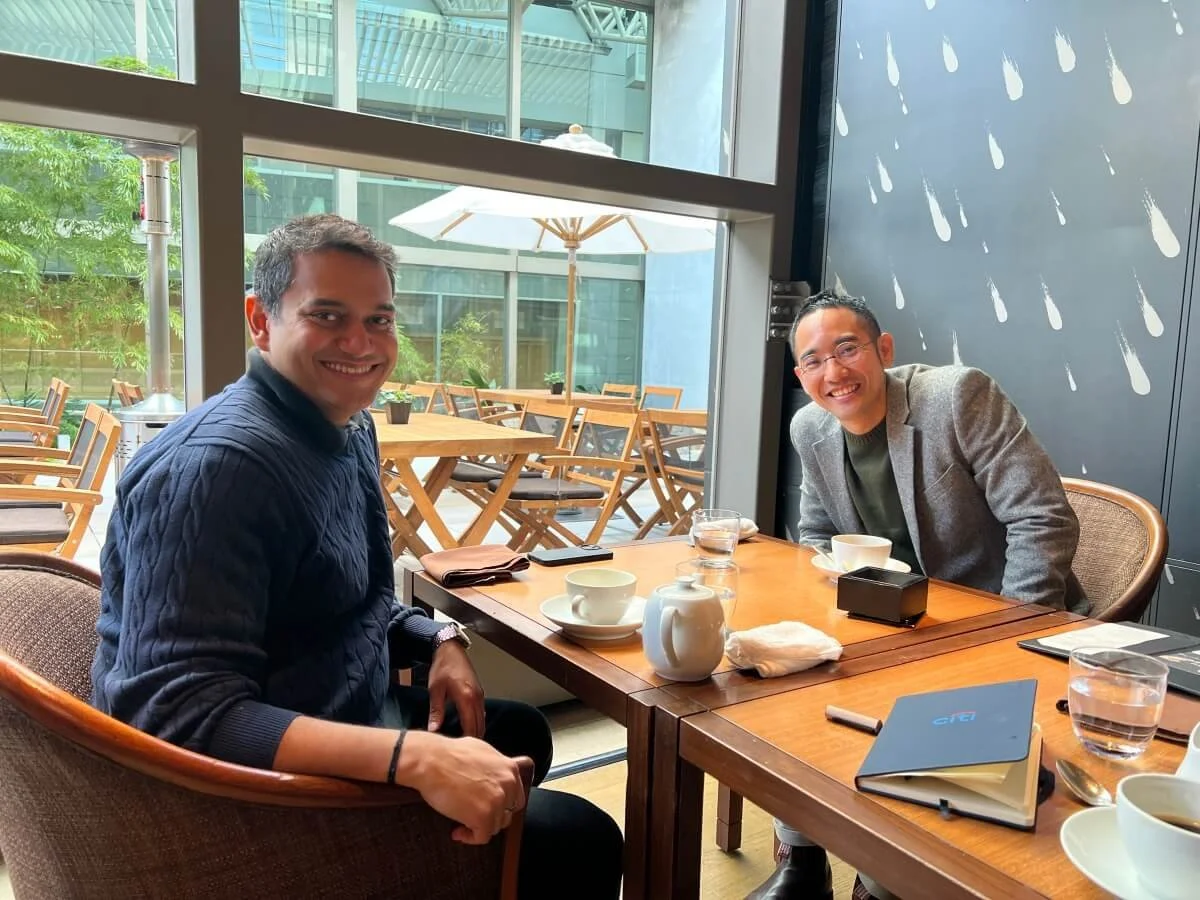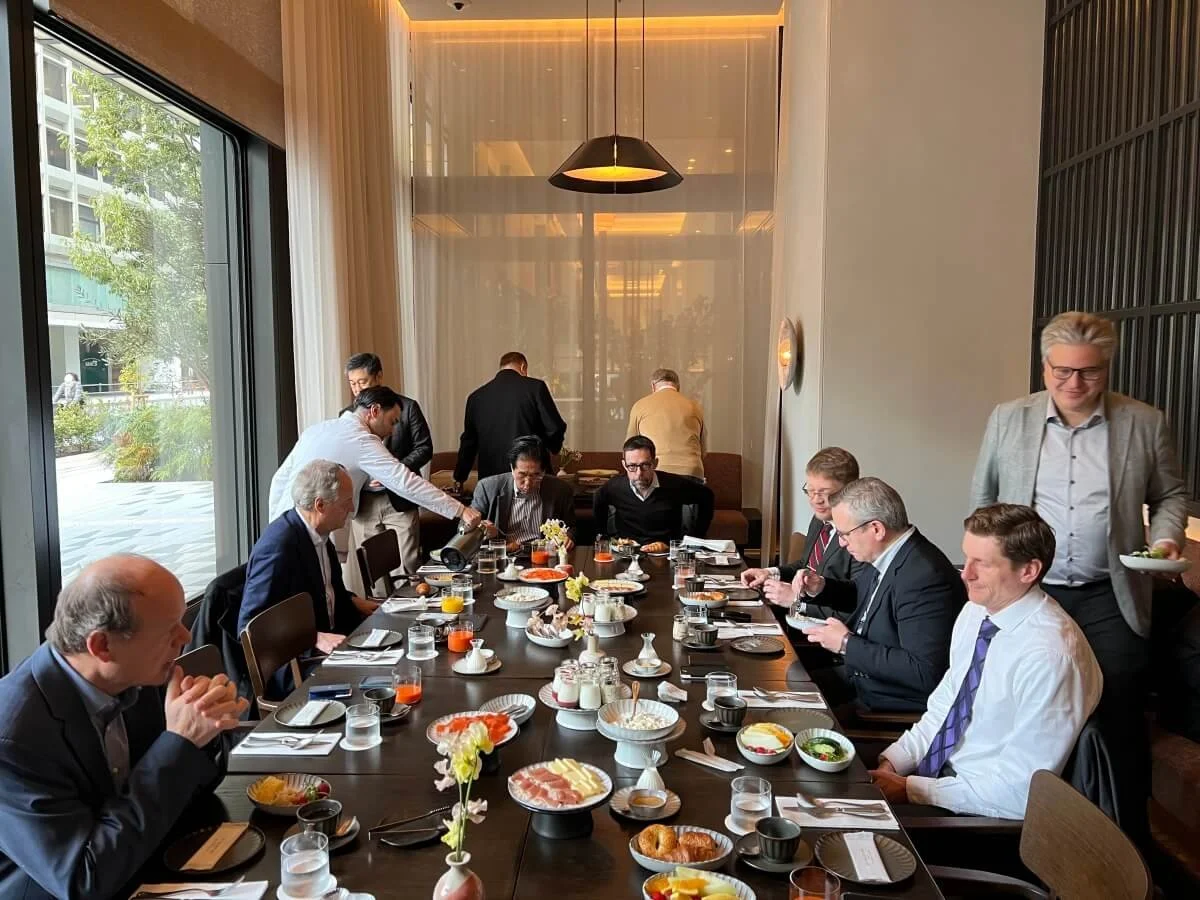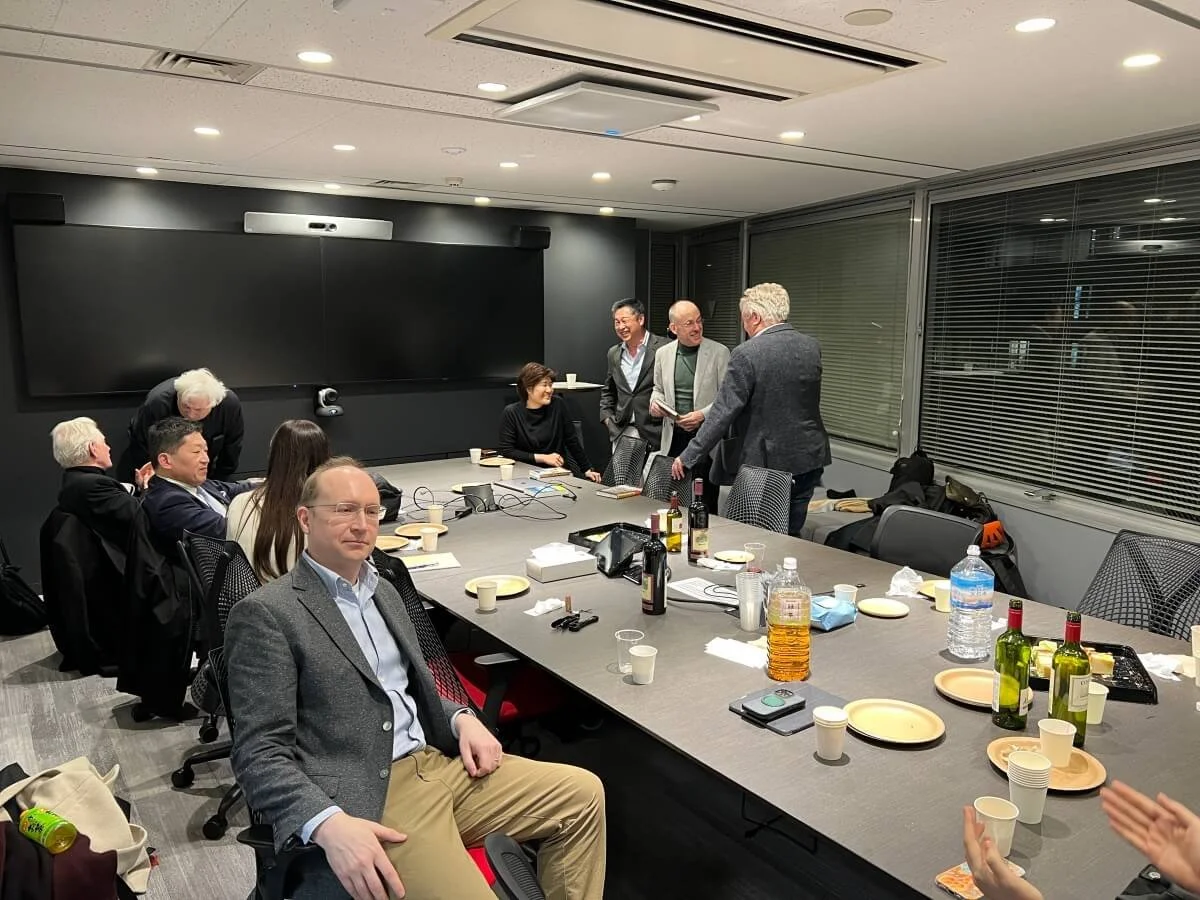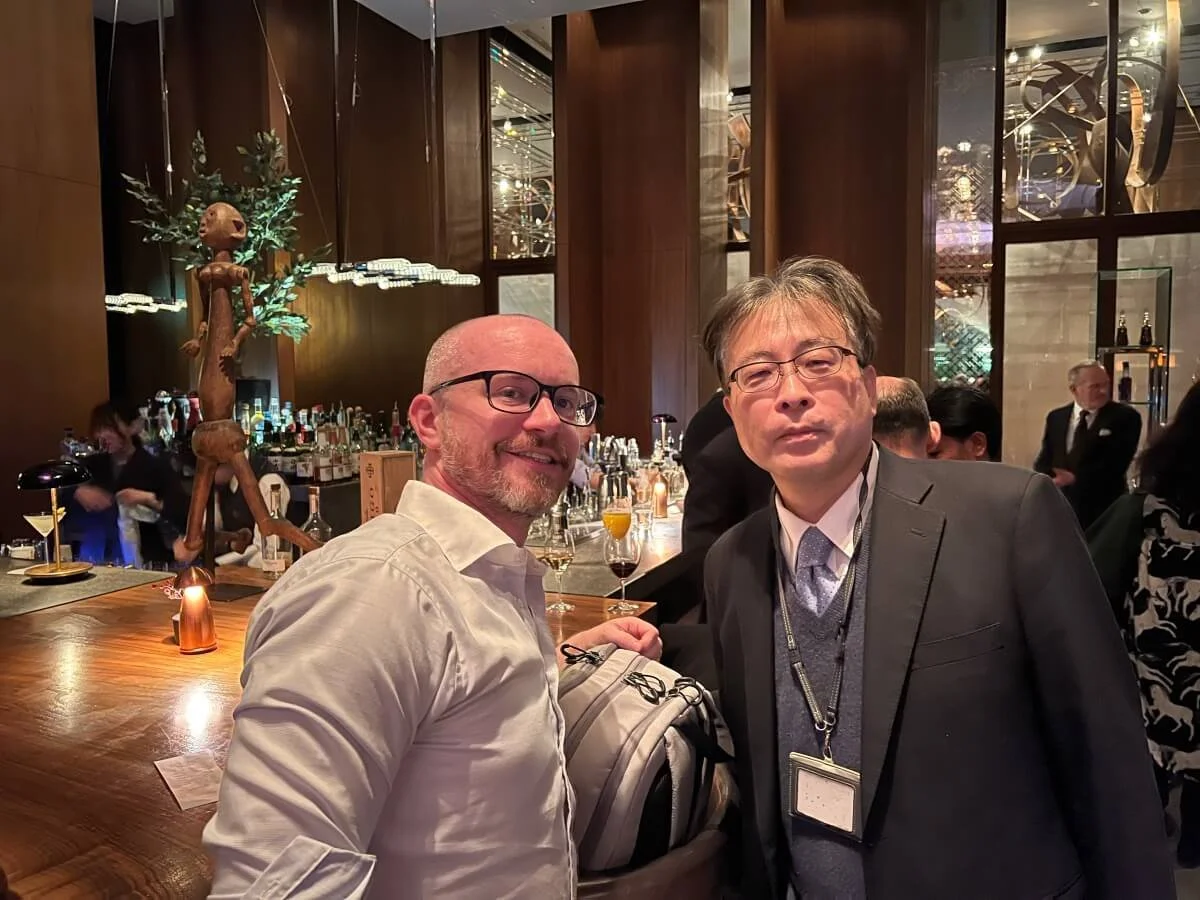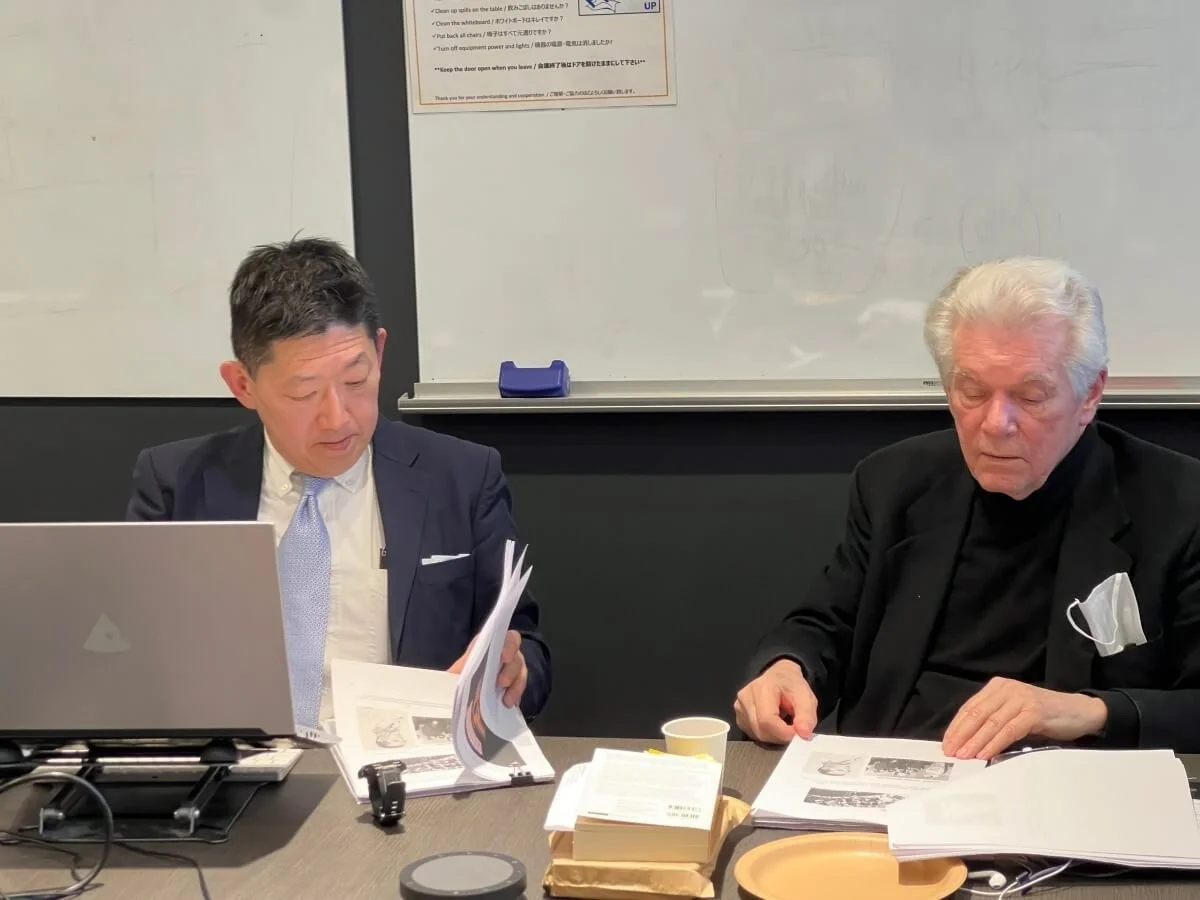The Delphi Roar: March 16, 2025
Dear Members and Advisors,
As an organization committed to delivering the best possible information to our members, it is always bittersweet to be reminded just how necessary the Delphi model is.
Recently, the Financial Times has highlighted the UK's ongoing struggle with inadequate data—critical information that the government depends on to function effectively. This is a staggering revelation, given the billions of dollars invested in IT infrastructure over the past 25 years. Yet government ministries still cannot agree on what is happening, when, or where—leaving them unable to make vital decisions in the country’s best interest.
I am tempted to say that the UK is uniquely incompetent, but I am sure Delphites have seen the equivalent in their own country.
Yet this lack of an “information culture” (in the sense of the better known “growth culture” or “risk culture”), is all too common. Companies often try to instill the latter two cultures but rarely the former.
Perhaps the companies most likely to understand the dangers of bad information are the cyber companies, who protect us from viruses. These viruses are a good metaphor for bad information: they look benign, but later have catastrophic consequences.
Perhaps it takes a former journalist to be aware of how much misleading data there is out there, and the understanding that information is more often used as a bargaining chip than an honest attempt, however inadequate, to measure reality.
To expand on this: today, everybody has an agenda. Thinktanks are ideologically split, media companies crave “engagement”, investment banks spin their narrative to capture dumb money from retail investors, and politicians spin their webs.
If we think of a car, we can say that it needs good, clean fuel to burn. The fuel is not part of the transaction when you buy a car. The manufacturer is not trying to make a profit on it, by reducing the quality of fuel for certain buyers. It’s just not worth it: all car owners benefit from good fuel. Air and water are similar examples. Privatized water leads to sick citizens, and so far, we have not tried to package air, but no doubt Elon Musk will be doing exactly this when he sets up his colony on Mars.
I remember one of my FT connections in Tokyo telling me that once he started looking into GDP growth, he was staggered at how lacking in thoroughness and quality assurance the actual information-gathering was! Yet GDP is the leading statistic when discussing economics, even if its usage has somewhat decreased, I think, since the Great Financial Crisis of 2008.
A related issue is that software is great at taking data, however bad, and turning into wonderful and persuasive graphics. You actually want to believe your dashboard, it’s so beautiful and logical - a state of mind which does not encourage the scepticism and reserve you should have when dealing with information.
At Delphi, on the other hand, we strive to impart “lived experience”. We bring members together from the same pool of people (country managers), who believe in the Delphi values of mutual support, and who impart the bitter fruit of their own experience, so that their fellow member has an easier journey.
I conclude by thanking our members for making Delphi possible, by the candid sharing of their learnings - many of which have been dearly bought.
Seen in the Network
Heard in the Network
“We always hear about how we are living in a VUCA (Volatile, Uncertain, Complexity and Ambiguity but our financial systems are set up in a very linear fashion, as if the world is stable, predictable, simple and straightforward. A lot of businesses are not able to capture value because their systems don’t know how to treat value when it comes to them.Value is often random and unpredictable, not something you can generate yourself - rather you have to catch it when you see it, like a beautiful butterfly”
“After my M&A experience with a Japanese company, I had to take two months off. The emotional toll was huge. I was drained, exhausted”
“One of the most important variables doing M&A were the requirements of our ERP system. We were convinced that the target company would have to abandon their ERP system when they merged with us. This caused a huge amount of pain, as their processes were quite different to ours - but we finally figured things out”
“I often find that an “expert” is someone who feels his expertise gives him the right to take liberties.”
“Loyalty is so important in Japan because it’s so often lacking, it seems to me. Those Samurai lords were always falling out and betraying each other. Loyalty was imposed on the “little guy” but the lords themselves seemed to think themselves exempt from it.”
“One of the impressive things about Edo Japan’s elite was the concept of punishing hard work. Unlike today’s modern meritocracies, when you can rule a country based on being facile humanities student (think Boris Johnson at Oxford), the training of these young lords was punishing. In Kagoshima, the students had to practice 2000 sword strokes in the morning and 3,000 in the evening, for example. This may have improved skill, but I suspect it was the training to be patient and tough which was the real objective. To learn about “grit”, as it’s known today.”
“The Western narrative about Japan is such, that Suzuki’s brilliant success in India, for example, which makes Toyota look bumbling, is never given the media credit it deserves. Toyota is seen as the pro-US success story, which is the consensus narrative. But Japan has the potential to be an Asian superpower, I think, especially now.”
“Japan is a prestige market, at least in B2C. Foreign companies all want to do well here, it’s iconic”
“One of the flashpoints in my company is Japanese women returning from overseas. They find it hard to integrate back into a Japanese environment, even though we are a foreign firm”
“As a country manager, you have to play cat-and-mouse with HQ. You never deliver 50% growth in one year, even if it’s quite possible. That’s just irresponsible (laughs). You carefully carve out that 50% over 3 years, to keep HQ just sweet enough, and avoid them demanding you repeat 50% every year”
“Many foreign brands will develop a small, profitable business in Japan, but they will struggle to supplant huge local players. Coca Cola is one of the exceptions: they put huge investment into Japan, by buying the bottlers, who had sophisticated distribution and logistics”
“In Japan, you have to accept that everywhere, categories are shrinking. Beer consumption is dropping at 4% per year! So you can only grow by taking market share - and that’s a challenge”
“We are a modern US company, well resourced, with lots of hardware and software. In the end, it was the human ability to connect, gain trust, and inspire which allowed the deal to be successful. Everything else was actually more of hindrance, possibly because highly-skilled professionals focus too much on the non-human aspect”
“One of the ways we forced the target company to change its ways was to “blame” it on the ERP system, which helped them “keep face”, and removed the “personal” element. ”
“I think being an Edo-era Japanese aristocrat must have been very stressful. You had fabulous wealth and power, but one mistake and the emperor could order you to kill yourself. You always had to be ready to fight your neighbours to the death”
“When I was in Scotland on a recent business trip, an environmental specialist showed me the hospital waste which could legally be poured into rivers. It was truly disgusting. I feel that the obsession with climate change and green energy, and its huge cost, would have more chance of success if they first cleaned up the deadly pollution we are exposed to”
“In Asia, you have to be careful when a vendor is very deferential to you. It’s usually because you are paying him more than he usually gets. I see the same dynamic in Japan’s deference to the US, a market Japan has done very well out of. In other words, it’s not about Japan being a “colonized victim” as is sometimes portrayed, it’s the groveling of an expert account manager. I suspect Japan will be a lot less nice to Americans if Trump really hurts their business”
“HQ is always very much in favour of Japan, right until the moment I have to explain why I have to go around every single client to apologize and remove the faulty product which was delivered”
“We pay our distributor 30 points of margin. It’s far too much for me. That lost 30 points is really what I could spend investing in the brand, and dealing more directly with the client. I know some companies and some industries love distributors for taking on the heavy lifting and back office burden, but not me. I think we could unlock a lot of cash if we ditched ours”
“Innovation is quite possible in Japan, for foreign goods. Think of pineapple pizza! The Japanese consumer is happy to try. The obstacle is often HQ which sometimes forgets it’s merely a business - and instead, sees itself on a cultural crusade to ensure the Japanese eat the “right” Western food in the “right” way.”
“Japan is a very peculiar market from a credit perspective. Tell me in what other market your vendor will immediately telephone you and tell you that you overpaid him! It’s amazing. Plus, you always get paid in 30 days”
Reflections on Japanese Culture
No museums or short stories this week in the “Culture” section, but an interesting anecdote from a humble salaryman.
He has never been abroad, but spoke fluent English, although he used Japanese body language and facial expressions while doing so, which was surprisingly confusing.
The reasons behind his impressive but eccentric English quickly became apparent, after he told me the following story - which very much goes against what we hear about corporate reforms in Japan, and the advent of a newer, kinder Japan Inc.
He works for XXX Securities, and he somehow fell out with his boss.
His punishment was to not be given any work, and to be ignored by his colleagues.
So he spends all day learning English, not exchanging a word with anyone. To make things worse, his wife died a few years ago, quite unexpectedly, so he has no one to talk to even at home.
Fingers crossed he is eventually forgiven, after doing the necessary prostations!

